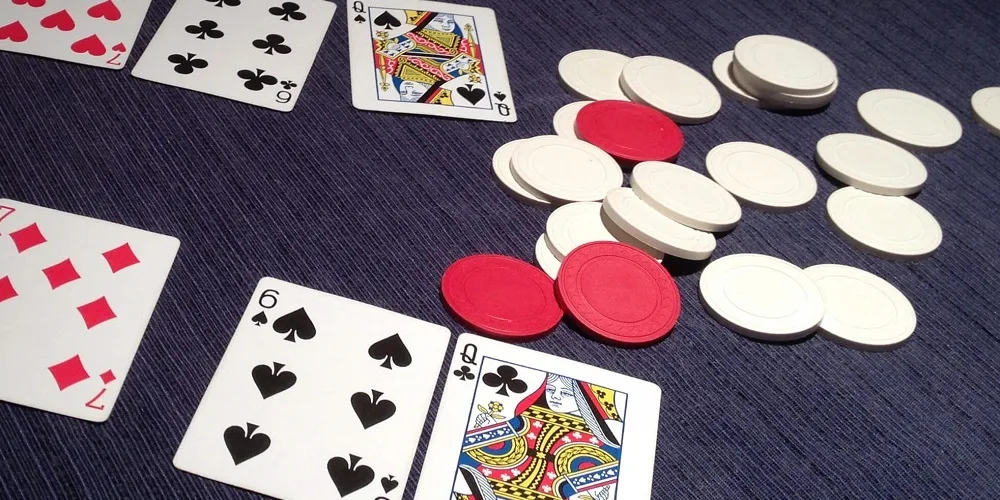
Mastering Omaha Hold’em: The Ultimate Poker Guide
Welcome to the comprehensive guide on Omaha Hold’em, a popular variant of poker that has captivated the hearts of card game enthusiasts worldwide. This article is your ultimate resource for understanding the game, its rules, strategic differences from Texas Hold’em, and tips for beginners. Whether you’re new to Omaha Hold’em or looking to refine your strategy, this guide has something for everyone.
What is Omaha Hold’em and Its Origins
Omaha Hold’em, often simply called Omaha, is a community card poker game similar to Texas Hold’em, but with a few key differences that significantly impact strategy. The game’s roots can be traced back to the 1980s in Las Vegas, where it quickly gained popularity among poker players seeking a more complex and strategic variant of Hold’em. Unlike Texas Hold’em, where players are dealt two hole cards, in Omaha, players receive four hole cards, leading to a wider range of possible hand combinations.
Understanding the Rules of Omaha Hold’em
The basic structure of Omaha Hold’em follows the familiar betting rounds of pre-flop, flop, turn, and river, with a twist in the hand formation. Players must use exactly two of their hole cards and three community cards to form the best five-card poker hand. This rule is crucial and distinguishes Omaha from other poker games, adding a layer of complexity and strategy. The game can be played in various formats, including Pot-Limit, which is the most popular, allowing players to bet up to the size of the pot.
Differences from Texas Hold’em
While Omaha and Texas Hold’em share many similarities, the strategic depth of Omaha sets it apart. The requirement to use exactly two hole cards introduces a significant strategic element, making hand selection and reading potential hand combinations critical skills in Omaha. Additionally, the greater number of starting hand combinations increases the likelihood of players hitting strong hands, thus elevating the importance of understanding hand values and betting strategies.

Tips for Beginners
For those new to Omaha Hold’em, starting hand selection is paramount. Look for hands that have the potential to hit the board in various ways, including straight, flush, and full house possibilities. Pay close attention to your position at the table, as it significantly influences your playable hand range. Practice patience and discipline, and avoid overvaluing hands that might seem strong in Texas Hold’em but are often weaker in Omaha due to the game’s nature.
Popularity of the Game
Omaha Hold’em’s popularity has surged in recent years, both in live and online poker rooms. Its strategic complexity and the excitement of playing with four hole cards have attracted a large following. The game has become a staple in major poker tournaments, with dedicated Omaha events drawing in players from around the globe.
Tournaments and Competitive Play
The competitive scene for Omaha Hold’em is vibrant, with numerous tournaments dedicated to this variant. Major poker events, such as the World Series of Poker, often feature Omaha tournaments, highlighting the game’s standing in the competitive poker community. These tournaments offer a platform for players to showcase their skills and strategies, further cementing Omaha’s reputation as a game of skill and strategy.
